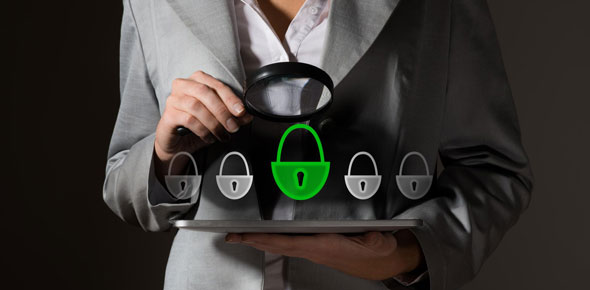Information Security Awareness
25 Questions
| Attempts: 108
2.
What first name or nickname would you like us to use?
Submit
×
Thank you for your feedback!

















